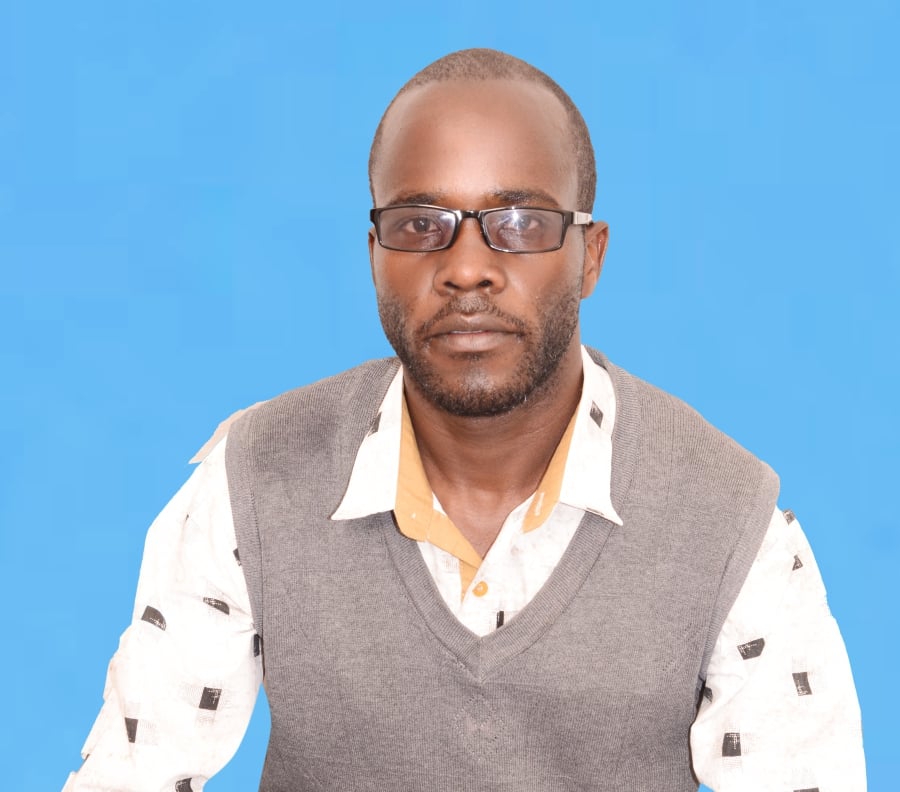Africa’s water and sanitation concerns take center stage at Abidjan congress

What you need to know:
- Speaking on behalf of the Ivorian government, the Côte d’Ivoire Prime Minister, Mr Patrick Jérôme Achi, noted that the continent is suffering the highest population growth but access to safe drinking water and basic sanitation remain top challenges that are still less valued yet the matter needs to be treated with urgency for sustainable development of the continent.
A team of world leading experts gathering for the 21st African Water and Sanitation (AfWSA) International Congress and Exhibition and the 7th International Faecal Sludge Management Conference in Abidjan, Cote d’Ivoire are worried that Water and sanitation issues have continued to take toll on Africa despite efforts put in place to counter the menace.
Speaking one after the other at the official opening of the congress in Abdijan on Monday, leaders indicated that portable Water inadequacy in Africa is a dire situation at a time when the continent’s population is growing. They note that climate change continues to rob the continent of the finite resource as it recovers from the effects of the Covid-19 pandemic.
The leaders at the congress aver that for the next two decades, Africans will still be facing water scarcity with millions of the population living in water-stressed areas.
Speaking on behalf of the Ivorian government, the Côte d’Ivoire Prime Minister, Mr Patrick Jérôme Achi, noted that the continent is suffering the highest population growth but access to safe drinking water and basic sanitation remain top challenges that are still less valued yet the matter needs to be treated with urgency for sustainable development of the continent.
Mr Achi explained that the sustainability of Africa’s development still hangs in balance as long as water and sanitation concerns are not yet addressed. He called for double efforts to bring about change.
“It is an extraordinary challenge among many other extraordinary challenges facing our continent, facing our future and that we all have in mind – climate and demography but also food security, energy, education, jobs and inclusive growth, urbanity, security, etc,” he said
According to a report of the WHO/UNICEF Joint Monitoring Programme for Water Supply, Sanitation and Hygiene (JMP), launched during a session of the World Water Forum hosted by the African Ministers’ Council on Water (AMCOW) with UNICEF in 2022, Africa’s population increased from 800 million to 1.3 billion people between 2000 and 2020. About 500 million people gained access to basic drinking water and 290 million to basic sanitation services.
The Ivorian Minister of Hydraulics and Sanitation, Mr Bouake Fofana, informed the meeting that several major challenges relating to drinking water and sanitation, in particular, access to water and sanitation at an affordable cost for all remain bottlenecks on Africa’s journey towards achieving the sustainable development goals.
The AfWSA President, Dr Silver Mugisha, the Managing Director of National Water and Sewerage Corporation in Uganda stressed that the water and sanitation sector has since the outbreak of Covid-19, suffered setbacks and efforts should be doubled to address the issue.
“Everyone here knows that prior to the Covid-19 pandemic, the water and sanitation sector in Africa faced several challenges and the pandemic amplified these challenges all pointing towards a potentially overwhelming burden to the water and sanitation sector in Africa.,” said Dr Mugisha.
Dr Mugisha highlighted that African water and sanitation entities still have systematic challenges including weak corporate governance systems, aging infrastructure, rapid urbanization which strains existing water systems, and inadequate infrastructure financing resulting from foundational weaknesses like operational and cost inefficiencies.
“It is imperative that we should respond to the challenge faced by our continent by taking action and bridging the water and sanitation gaps. We have come here today with a common resolve to make vital commitments, take solid actions to make these happen in order to serve the huge population with water and sanitation services,” Dr Mugisha told the gathering.
In 2010, the United Nations General Assembly adopted a resolution recognising “the right to safe and clean drinking water and sanitation as a human right” and in 2015 the human right to sanitation was explicitly recognized.





